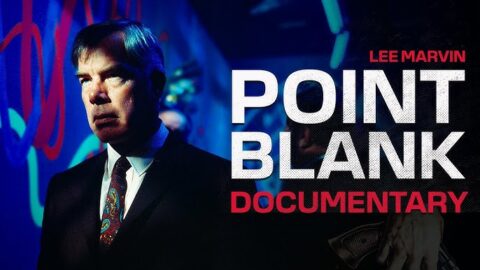Genre: Erotic Drama | Dark Romance | Offbeat Comedy
Secretary (2002) is a daring, darkly funny, and strangely tender love story that explores power, submission, and the complicated beauty of finding someone who accepts every hidden part of you. Directed by Steven Shainberg and based on a short story by Mary Gaitskill, this cult-favorite indie redefined what a modern erotic drama could be—provocative yet sweet, edgy yet deeply humane.
At the film’s center is Lee Holloway (Maggie Gyllenhaal, in a breakout, fearless performance), a shy, emotionally fragile young woman who’s recently been released from a mental institution after struggling with self-harm. Living at home under the watchful eye of her dysfunctional family, Lee feels suffocated by the expectation to be “normal”—but her life changes when she lands a job as a secretary at the drab, oddly old-fashioned law office of E. Edward Grey (James Spader, perfectly cast).
Grey is no ordinary boss. Strict, enigmatic, and awkwardly charming, he quickly notices Lee’s mistakes—typos, misplaced commas—and punishes them in ways that cross every standard HR line. What begins with firm corrections and humiliating tasks soon blooms into a consensual BDSM relationship that both frightens and liberates Lee. In Grey’s carefully controlled world, Lee finds an unexpected freedom: her desires, long repressed and hidden in shame, become a bridge to real intimacy and self-acceptance.
What makes Secretary so surprising is how gently and playfully it handles material that could easily veer into exploitation. Shainberg crafts a film that’s erotic without ever being gratuitous—infused with sly humor, awkward silences, and moments of genuine sweetness. The S&M dynamic isn’t presented as dark and dangerous but as an honest expression of two lonely, imperfect people discovering how they fit together.
Maggie Gyllenhaal is extraordinary as Lee—vulnerable yet fierce, awkward yet radiating a deep, stubborn confidence that grows with every scene. It’s one of the rare performances that doesn’t just reveal a character’s kinks, but also her soul. James Spader, meanwhile, is perfectly Spader—aloof, oddly tender, and magnetic as the man whose own emotional walls crumble under the weight of his desire for Lee.
While some might dismiss Secretary as a mere “kinky romance,” it’s much more than that. It’s a film about boundaries and trust, about how we shape our identities through the people we dare to let in, and about the bravery it takes to ask for what you really want—especially when what you want is what others might find taboo.
Visually, Secretary is stylish and intimate, balancing its deadpan absurdity with moments of unexpected warmth and genuine erotic charge. The infamous desk scene, the red marker corrections, the kneeling obedience—these become not just titillating images but steps in Lee’s journey toward owning her desires, on her own terms.
By the end, Secretary flips the usual power dynamic on its head. It’s not a story about a helpless woman controlled by a domineering man. It’s about a woman who takes control of herself—her needs, her pleasure, and her love—finding empowerment not despite her submission, but through it.
Over two decades later, Secretary remains one of the smartest, most compassionate erotic dramas ever made—funny, weirdly romantic, and utterly unapologetic in its celebration of the messy, beautiful ways people love each other when they’re brave enough to admit who they really are.







